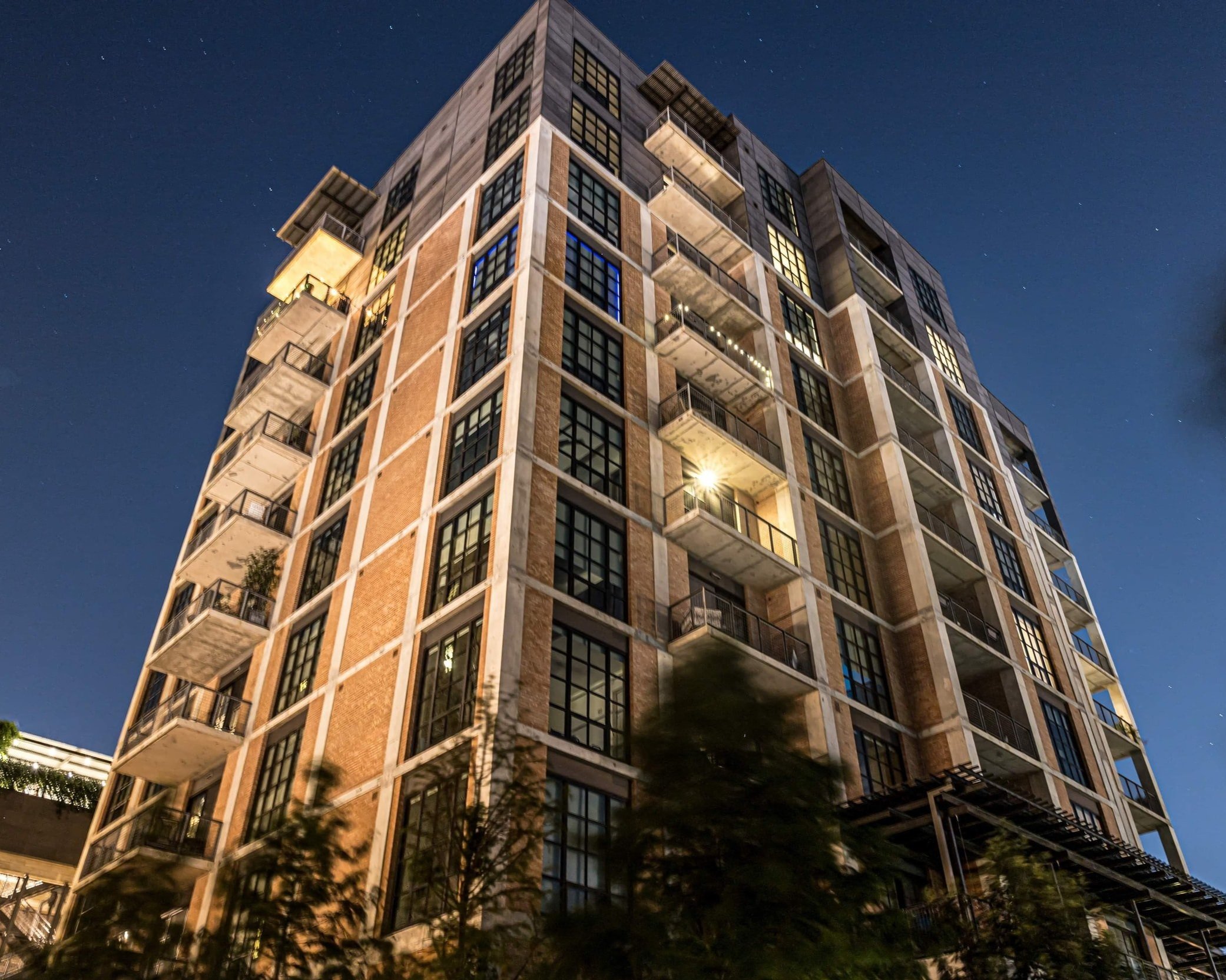Navigating the Complex Terrain of Compliance Guidelines for Network Protection in Multi-Unit Units to Guarantee Resident Security and Information Protection
Wiki Article
Within today's world, many individuals live in multi-dwelling units, such as apartment buildings and condominiums. These places frequently utilize shared networks for online and other amenities. Although this arrangement can be convenient, it also brings up important questions about network safety and compliance standards. Guaranteeing the security of residents and protecting their information is essential. This piece will examine the complex environment of compliance guidelines for network safety in multi-dwelling units, emphasizing how these standards assist keep residents safe and protected.
A of the key compliance guidelines that apply to network safety is the EU Data Protection Regulation (GDPR). This law is designed to protect individual information and confidentiality for individuals inside the European Union. While it primarily pertains to businesses functioning in the EU, its principles can influence procedures in other areas as also. For multi-dwelling buildings, adhering to GDPR means establishing strong data protection protocols. This includes ensuring that residents' individual data is gathered, kept, and handled safely. By adhering to these standards, building managers can assist establish trust with tenants and ensure their information is protected from unauthorized intrusion.

Another significant guideline is the Healthcare Insurance Flexibility and Responsibility Act (HIPAA), which safeguards confidential patient information in the medical sector. In multi-dwelling buildings, especially those that provide medical assistance or have residents with specific medical requirements, compliance with HIPAA is essential. This requires that any medical data collected from tenants must be maintained confidential and protected. Building managers must ensure that their network systems are configured to avoid data breaches and unauthorized access. By taking these steps, they not only adhere with legal requirements but also foster a secure living environment for all tenants.
Alongside GDPR and HIPAA, the Credit Card Card Industry Data Protection Guidelines (PCI DSS) is another critical compliance standard. This guideline is especially relevant for multi-dwelling buildings that accept credit card transactions for lease or amenities. PCI DSS outlines security protocols that must be in place to safeguard cardholder data. This includes encrypting sensitive data and regularly reviewing system safety. By adhering to PCI DSS guidelines, property managers can reduce the threat of information look at this now breaches and safeguard tenants' monetary data, which is vital for upholding their trust and safety.
Finally, it is crucial for multi-unit units to stay informed on regional and federal regulations regarding network safety. Laws and standards can change, and remaining aware is crucial for adherence. Building managers should frequently review their safety protocols and procedures to make sure they comply with current requirements. This preventive approach not only helps in upholding compliance but also improves the overall safety of the network. By focusing on resident safety and data protection, multi-unit units can establish a secure residential space that encourages confidence and reassurance among tenants.
In conclusion, traversing the intricate landscape of regulatory guidelines for network safety in multi-unit buildings is crucial for ensuring resident safety and data safeguarding. By understanding and applying standards like GDPR, HIPAA, and PCI DSS, building administrators can establish a secure environment for their tenants. Staying updated about local laws and regularly assessing security practices further enhances this dedication to security. Ultimately, a strong focus on adherence not only safeguards residents but also fosters a feeling of belonging and confidence among multi-unit buildings.